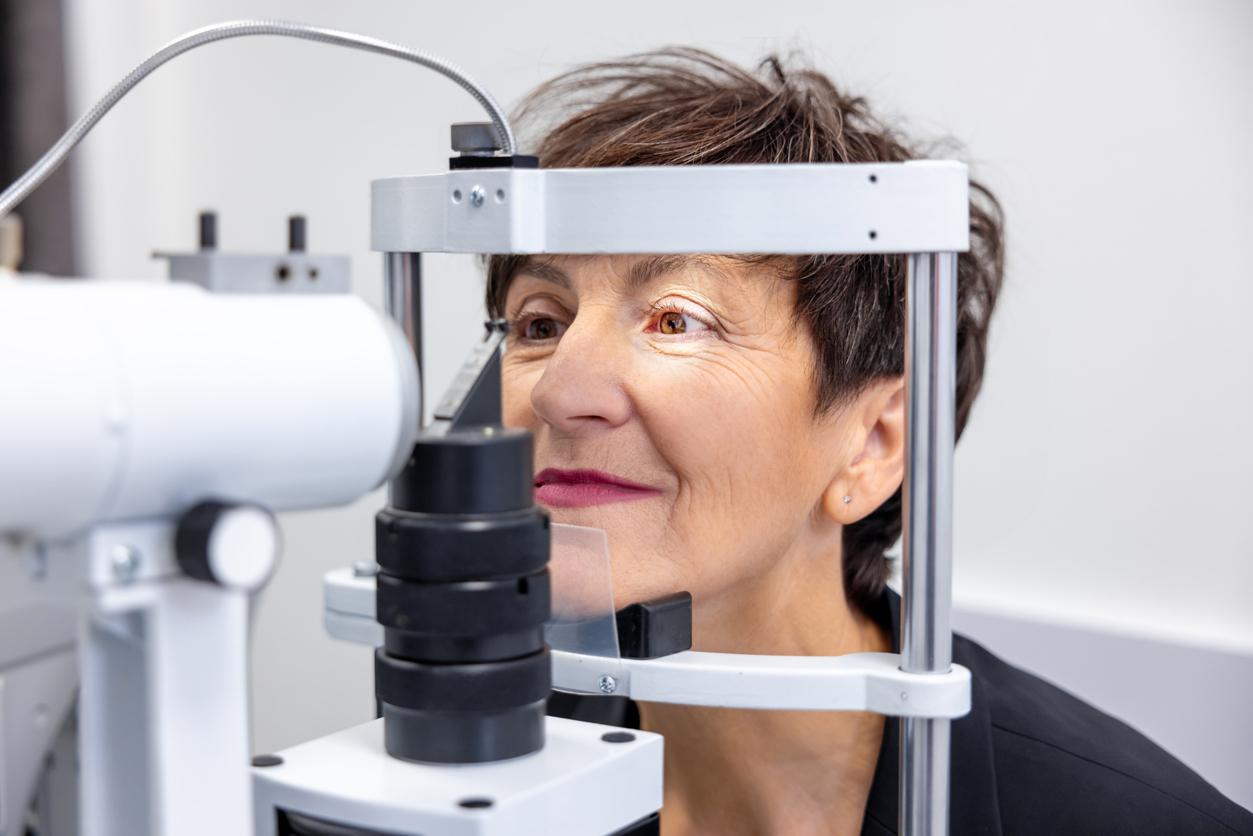A team of researchers in the Wallace H. Coulter Department of Biomedical Engineering, Emory School of Medicine, and the Cole Eye Institute at the Cleveland Clinic have developed a new method to detect geographic atrophy—the most advanced stage of dry-age macular degeneration (AMD) that affects more than 8 million people worldwide.
The group discovered a way to quantitatively characterize the partition between different compartments in the eye, which can help determine the extent of geographic atrophy. The findings were recently published in the journal IEEE Transactions in Biomedical Engineering.
“Utilizing advanced imaging technology to better understand the disease phenotype has the potential to be a game-changer for precision medicine in retinal care,” says Justis P. Ehlers, MD, study author and Norman C. and Donna L. Harbert Endowed Chair of Ophthalmic Research and the Director of the Tony and Leona Campane Center for Excellence in Image-Guided Surgery and Advanced Imaging Research at the Cole Eye Institute at Cleveland Clinic. “This collaborative work between the teams at Cleveland Clinic and Emory demonstrates the potential for utilizing these imaging biomarkers for predicting progression of a devastating disease.”
“AMD is one of the leading causes of vision loss,” says Sudeshna Sil Kar, PhD, assistant scientist the Emory University School of Medicine. “Currently, there are no well-established methods for predicting progression of atrophy, which makes its treatment and prognostication extremely challenging.”
Sil Kar, lead author on the study, and the research team used optical coherence tomography (OCT) scans of the eye to evaluate shape-related features and gauge their impact on the risk of geographic atrophy progression in people with dry AMD.
“The line or partition between compartments in healthy eyes is smooth. But with geographic atrophy that margin starts to become very convoluted and twisted,” says Anant Madabhushi, PhD, study author and the Robert W. Woodruff professor of biomedical engineering at Georgia Tech and Emory University and research career scientist at the Atlanta Veterans Administration Medical Center.
Latest BME News
Jo honored for his impact on science and mentorship
The department rises to the top in biomedical engineering programs for undergraduate education.
Commercialization program in Coulter BME announces project teams who will receive support to get their research to market.
Courses in the Wallace H. Coulter Department of Biomedical Engineering are being reformatted to incorporate AI and machine learning so students are prepared for a data-driven biotech sector.
Influenced by her mother's journey in engineering, Sriya Surapaneni hopes to inspire other young women in the field.
Coulter BME Professor Earns Tenure, Eyes Future of Innovation in Health and Medicine
The grant will fund the development of cutting-edge technology that could detect colorectal cancer through a simple breath test
The surgical support device landed Coulter BME its 4th consecutive win for the College of Engineering competition.








